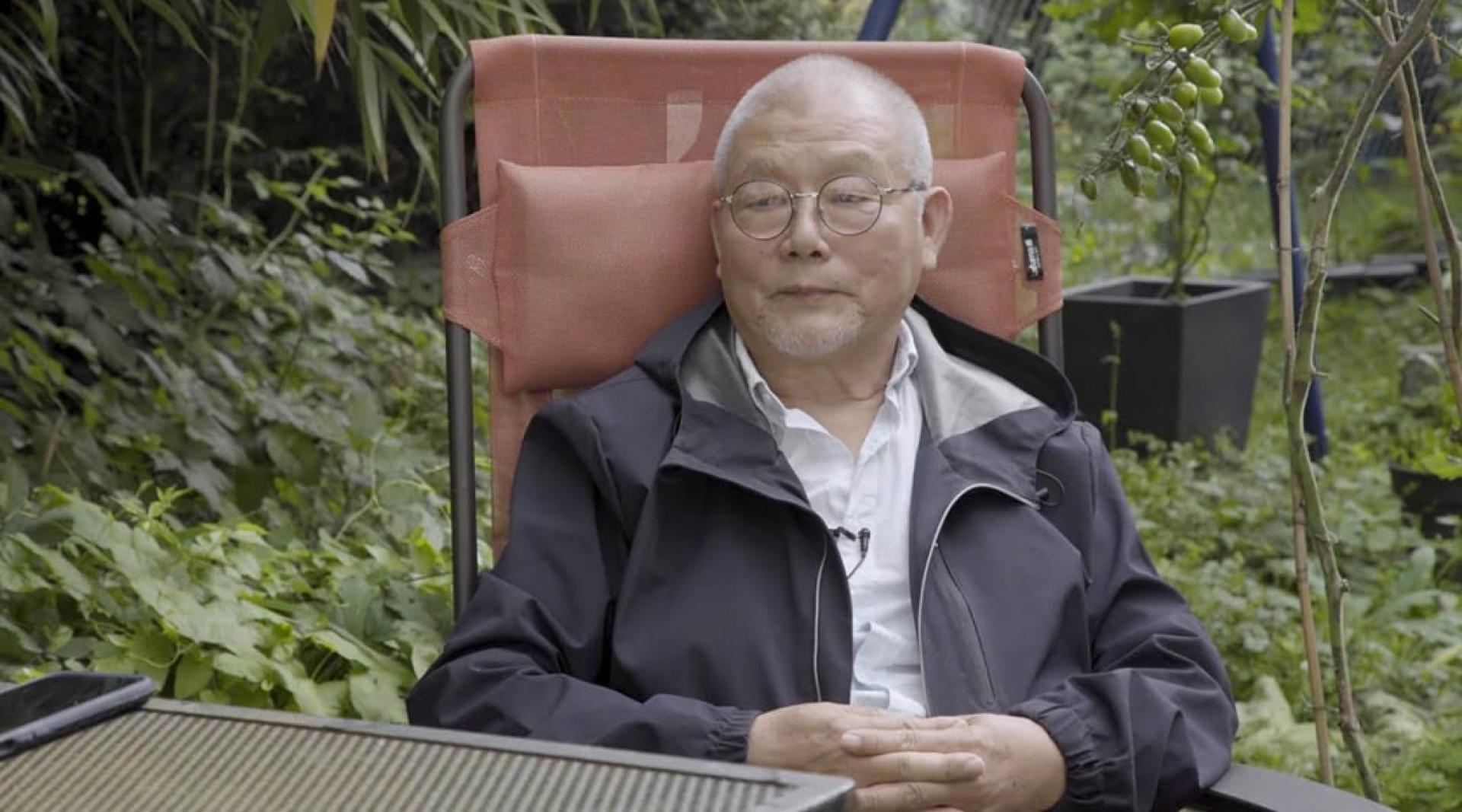According to a report by Radio France Internationale, Chinese democracy activist and founder of Stone Group, Wan Runnan, who went into exile overseas due to the "June Fourth Incident," passed away in Paris on the morning of the 13th local time at the age of 79.
Wan Runnan's passing coincided with the third anniversary of the "Sitong Bridge Incident" in Beijing. Notably, the bridge's name, "Sitong Bridge," originated from Stone Group.
The Sitong Bridge Incident occurred on October 13, 2022, as an act of protest on Sitong Bridge in Beijing. A protester hung two banners on the bridge and used a loudspeaker to broadcast demands, openly opposing Chinese Communist Party General Secretary Xi Jinping by calling him a "dictatorial national traitor," and burned tires to attract public attention. The protester's demands included removing Xi Jinping from his party and government positions, holding direct elections for the president, halting the zero-COVID policy, among others. The protester was ultimately arrested on the spot by police, while firefighters cleaned up and extinguished the fire.
The report states that the news of Wan Runnan's passing came from his family. Wan had told friends, "The day I stop posting things is the day something has happened to me," and his WeChat Moments had been inactive since September 18.
Wan Runnan graduated from Tsinghua University in Beijing in 1970 and worked as an engineer at the Chinese Academy of Sciences. In May 1984, he founded Stone Group in Beijing's Zhongguancun, mainly producing and selling electronic products. The launch of their signature product, the Stone Chinese Word Processor, ended the era of mechanical Chinese printing in China and was regarded as one of the most successful innovative companies of the nascent reform and opening-up period. Wan became a renowned private entrepreneur.
After the outbreak of the 1989 "Tiananmen Movement," when students were facing repression, Wan Runnan's father-in-law—Li Chang, former Secretary of the Central Commission for Discipline Inspection—worried about the potential for bloodshed and asked Wan to contact student leaders from 75 universities including Peking and Tsinghua, in order to persuade them to withdraw from Tiananmen Square, preserve the democratic forces, and develop campus democracy. However, his advice did not succeed.
After the "June Fourth Incident," the People’s Daily published a long article denouncing Wan Runnan, accusing him of "picking up a rock to smash someone," and Wan was placed on a wanted list by the Chinese authorities, forcing him into exile. In July of the same year, he and Yan Jiaqi, Wu’erkaixi, Su Shaozhi, and Liu Binyan jointly issued an "Initiative for the Formation of Democratic China Front," and in September, the "Democratic China Front" was established in Paris, with Wan serving as its first Secretary General. He was subsequently elected as the Front's second and third Chair.
